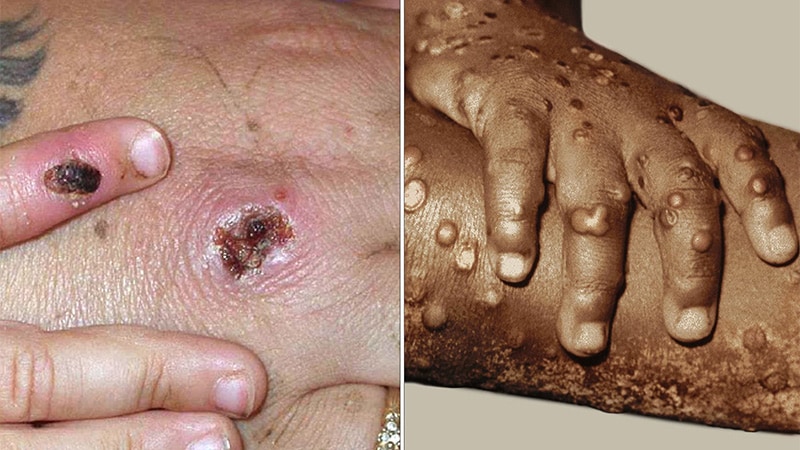
Monkeypox cases are expected to continue to climb in the coming weeks, the CDC says.
This likely spike in cases is from increased testing for monkeypox that’s due to a more streamlined monkeypox case reporting system; more infections from monkeypox exposures; and a higher number of people seeking monkeypox tests, Rochelle Walensky, MD, the director of the CDC, said during a Friday media call.
Since July 6, monkeypox tests done at state public health labs have risen 76%, she said.
But officials are confident that U.S. testing will meet increasing need. Now, the country can test 70,000 samples per week, Walensky said. So far, capacity far exceeds testing demand.
As of July 15, there were 1,814 reported cases of monkeypox in the U.S. As of July 14, of 700 cases where demographic information was available, the median age of those infected was 36, and the “vast majority” of cases have been in men who have sex with men, Walensky said.
Federal officials also announced Friday that 130,000 more doses of the JYNNEOS vaccine, which is typically used to prevent smallpox and monkeypox, have arrived at the Strategic National Stockpile. The vaccines could be sent to states as early as Monday, they said. The JYNNEOS vaccine is given in two doses, 28 days apart.
States can also request the ACAM2000 vaccine, which is approved for protection against smallpox but can also protect against monkeypox. But this vaccine has more side effects and cannot be given to people with heart disease or those with a weakened immune system. A few states have requested ACAM2000, officials said.
Officials also announced they ordered 2.5 million more doses of JYNNEOS to arrive next year. By mid-2023, the federal government will have received 7 million doses of the vaccine.
Sources:
Telephone news briefing, CDC, July 15, 2022.
Source: Read Full Article